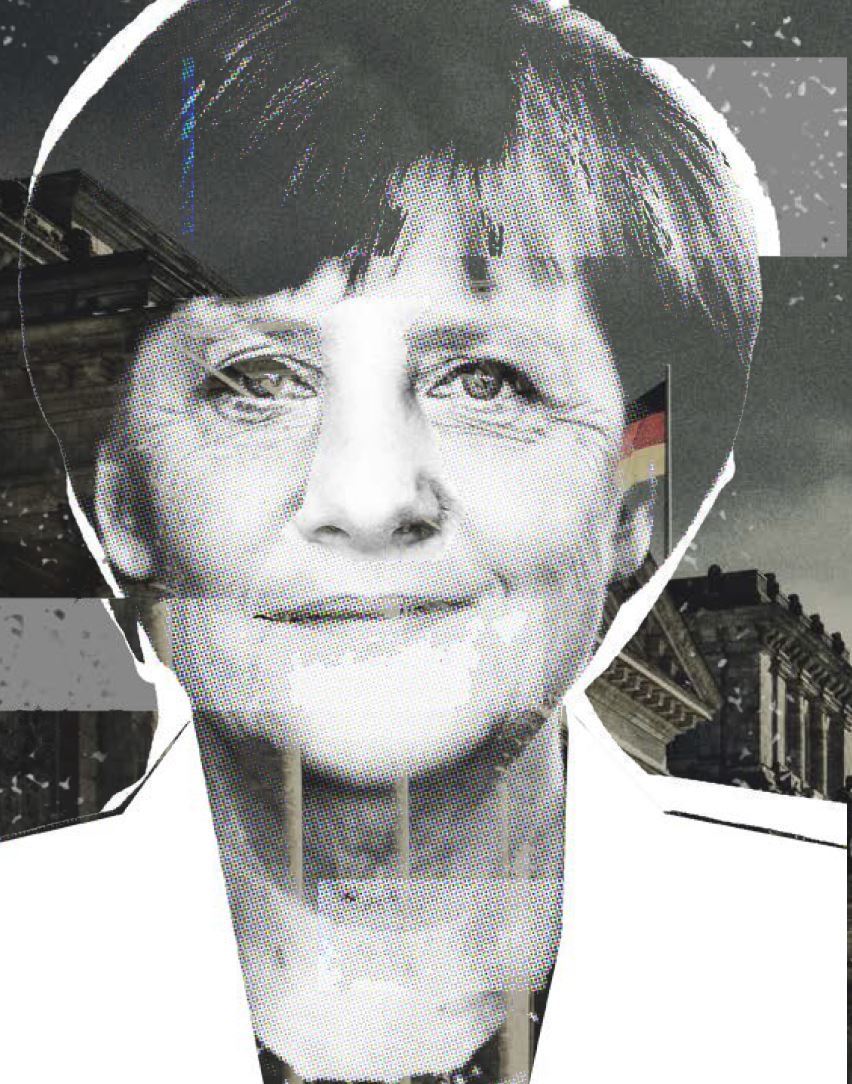The German Federal Elections 2017
At a first glance, the German electorate opted for stability and continuity.

OPTIONS ON THE TABLE
New parties in Germany’s proportional representation parliament, which include the Liberal Free Democrat’s (FDP) return after four years, means that there will now be six parties represented in parliament. This has major implications for coalition-building. There are only two realistic coalition options that would hold an absolute majority: either another ‘Grand Coalition’ of Merkel’s CDU/CSU with the Social Democratic Party of Germany (SPD) or the so-called ‘Jamaica Coalition’. After also taking a significant knock in support, the SPD’s party chairman Martin Schulz has announced that the social democrats will not form another Grand Coalition with Merkel. Schulz has claimed that he will take up the leadership of parliamentary opposition instead, partially to prevent the AfD from claiming this position. This means that the most likely coalition option has become the Jamaica Coalition.
THE JAMAICA COALITION
The Jamaica Coalition, composed of CDU/CSU, FDP and the Greens, would be unprecedented at the federal level. The differences between the Greens and FDP, the two junior coalition partners, are stark though not insurmountable. Merkel will most likely have to make substantial concessions to both parties and build consensus where the Green party’s and FDP’s programs and ideologies clash in order to forge a stable coalition. Given the FDP’s emphasis on free market liberalism and the fact that the CDU/ CSU is generally sympathetic to this position, a more liberal economic policy can be expected from the next government. The Green party will prioritise continuing Germany’s transition towards a green energy supply. The three parties are likely to find common ground on areas such as clean energy, the digitalisation of the German economy and public administration, investment in education and infrastructure, cutting taxes to increase investment, and boosting female labour force participation. Both the Greens and the FDP have announced that they will not join a coalition at any price. As a result of this and due to the lack of any viable alternatives, Merkel is potentially facing her toughest coalition negotiations yet. Her position is further complicated by the chairman of the CDU’s Bavarian sister party CSU questioning the standing practice of forming a joint parliamentary faction with the CDU. Although these remarks are most likely negotiation tactics, they are a reminder that Merkel will not only have to accommodate her potential coalition partners, but also her own party. In the unlikely scenario that coalition negotiations fail, Germany’s Federal President can either decide to name Merkel Chancellor of a minority government or call for snap elections.
CHALLENGES AHEAD
On the other side of the political spectrum, the AfD already appears to be heading towards a schism. Frauke Petry, the co-chair of what is regarded as the party’s moderate wing, announced that she will leave her party and potentially found a new party just days after the election. The extent to which the AfD will be able to pressure the CDU/ CSU to shift its policies to the right remains to be seen; however, it is likely that Merkel will have to reconsider her policy positions on asylum seekers. With both the AfD and CDU’s main competitor, SPD, being part of the parliamentary opposition, Chancellor Merkel will face attacks both from the left and right, which will put an end to the period of consensus-driven governing which she has enjoyed over the last four years. This circumstance jars with Merkel’s non-confrontational political approach. At the same time, the next four years are likely going to be Merkel’s last in office, which increases pressure on her to build a legacy beyond crisis management.